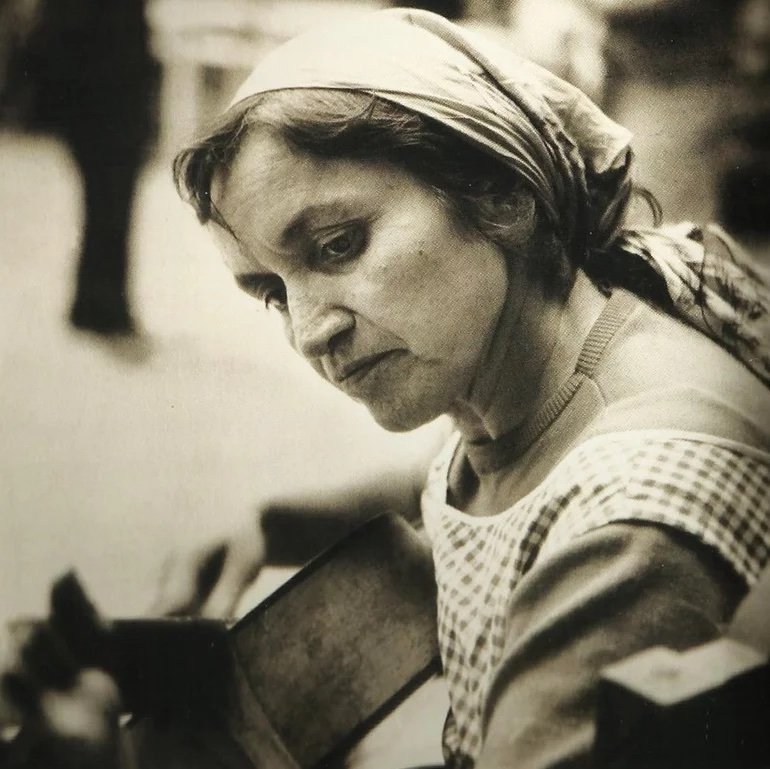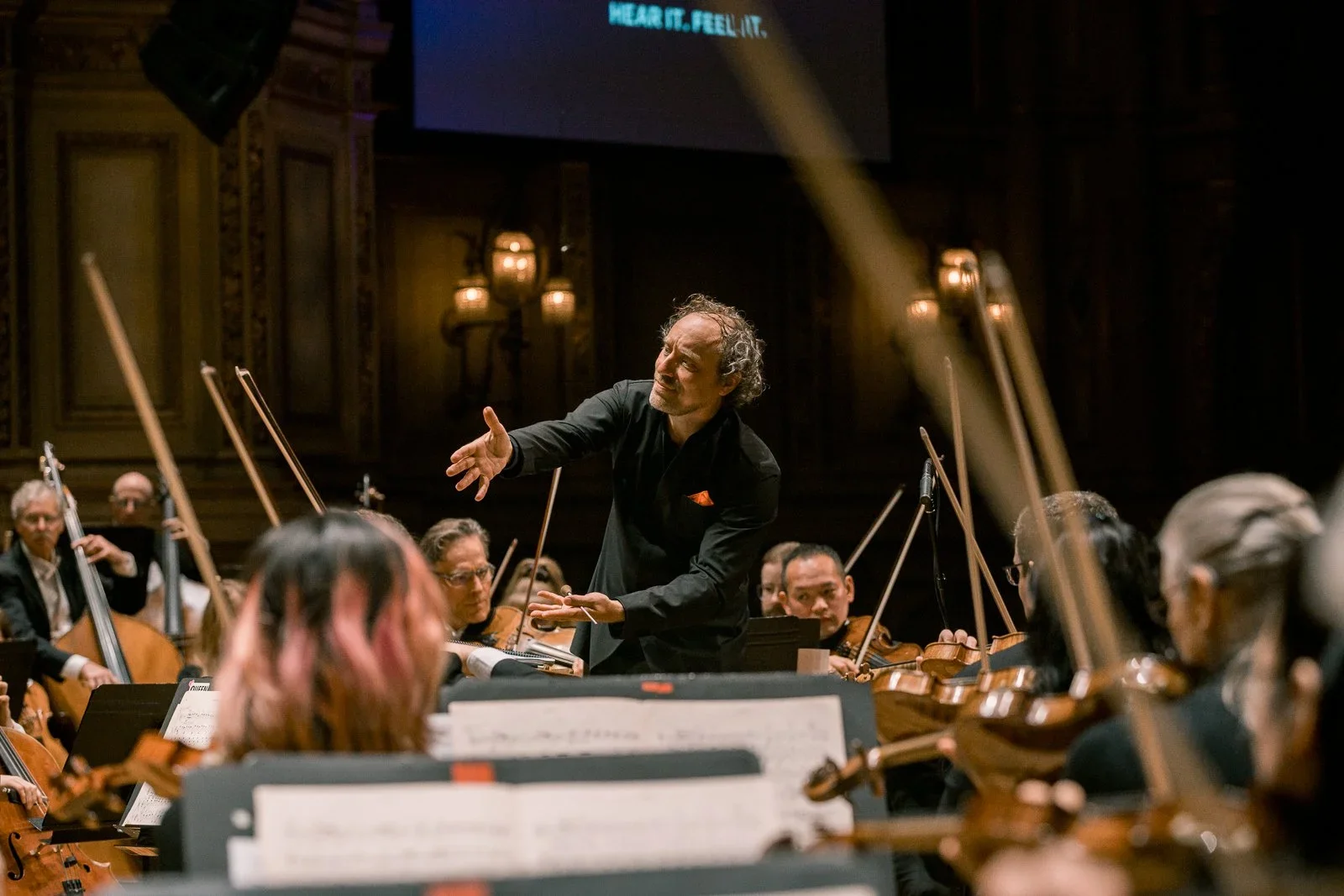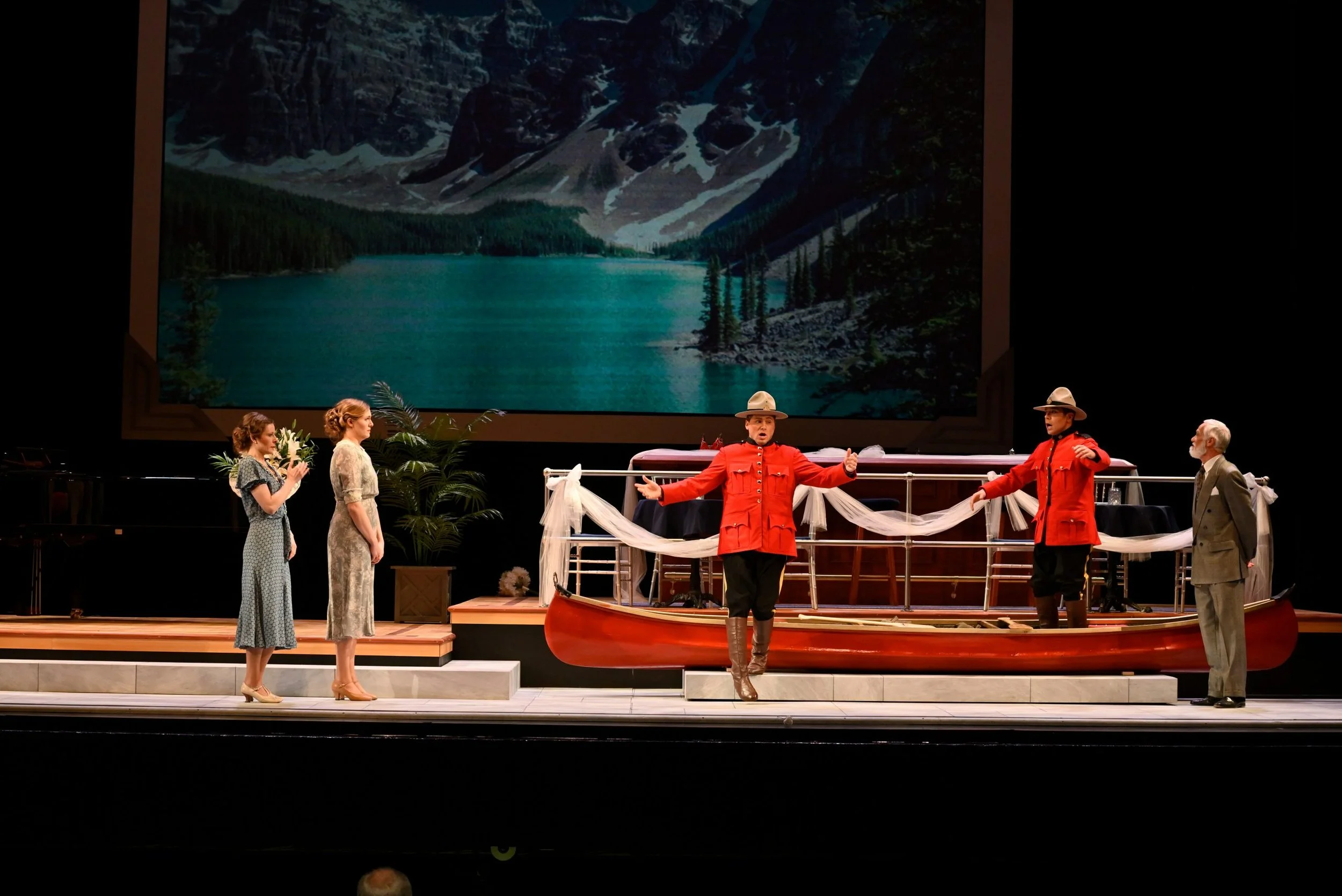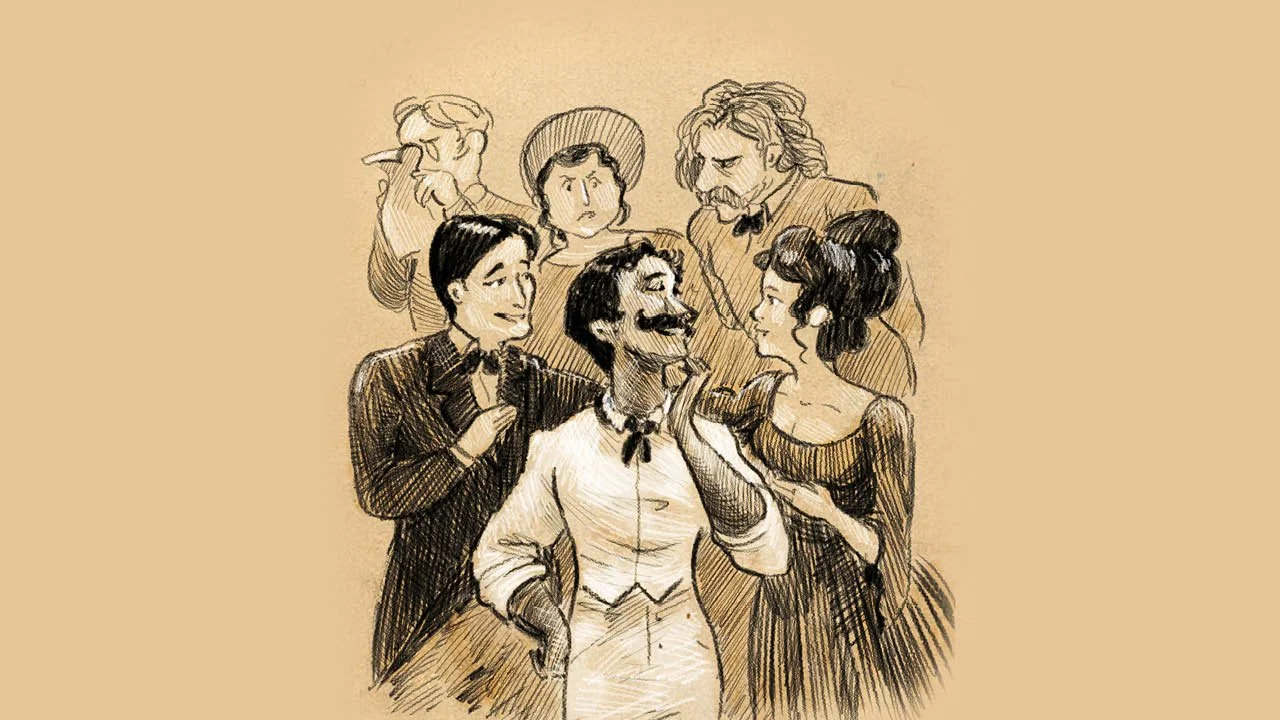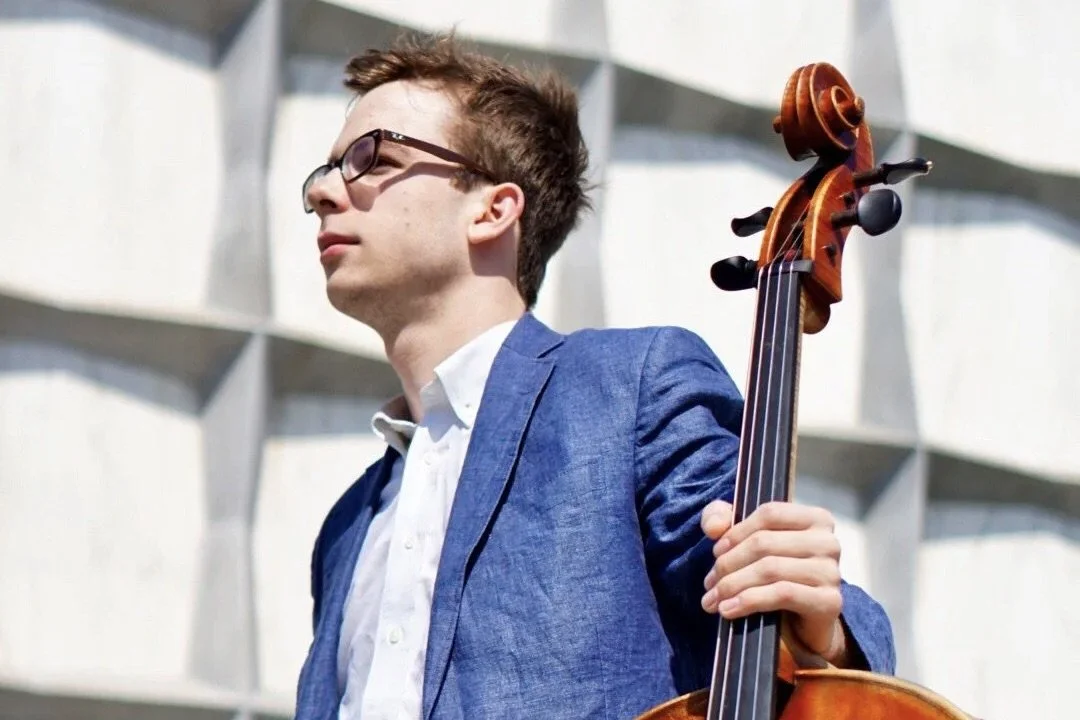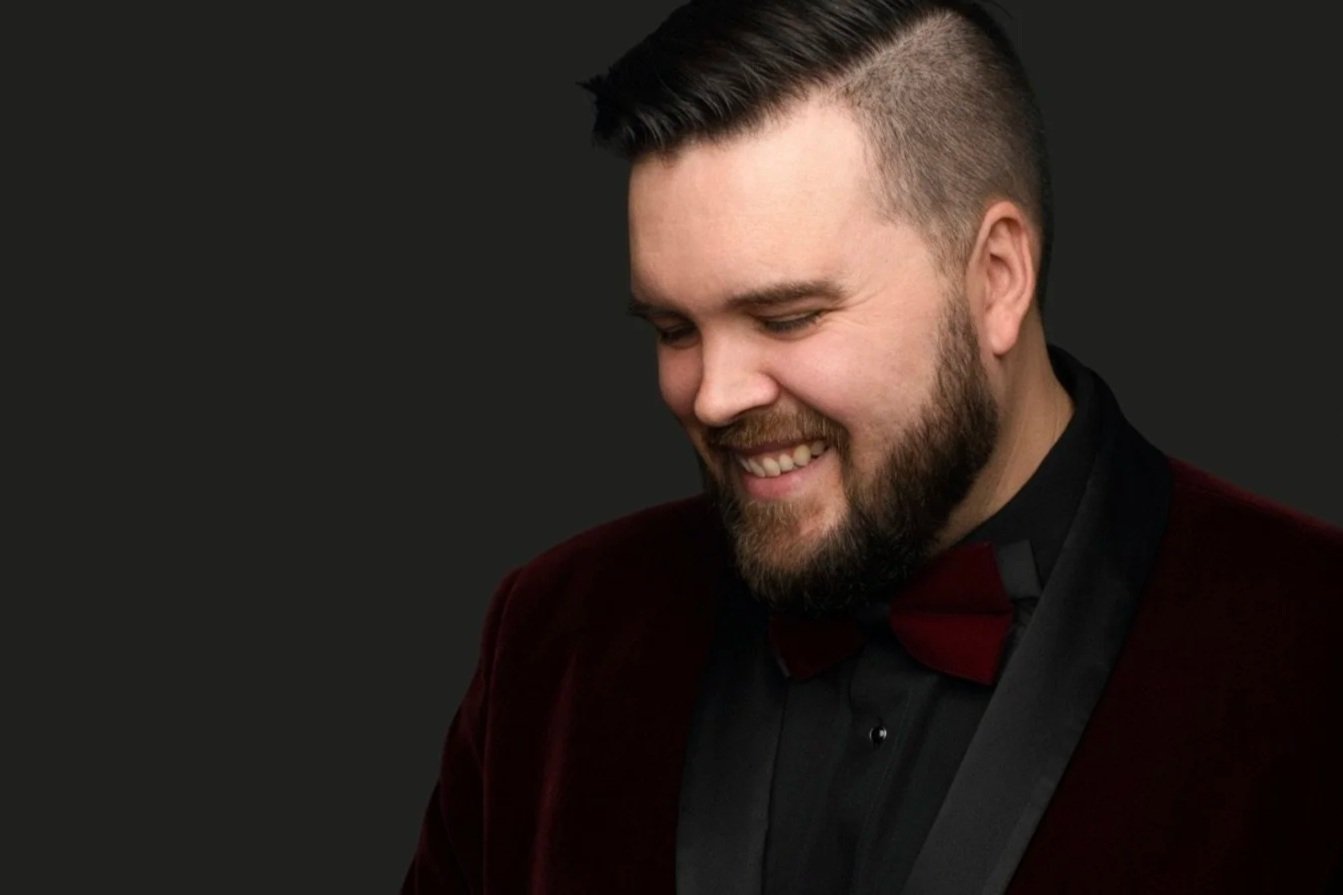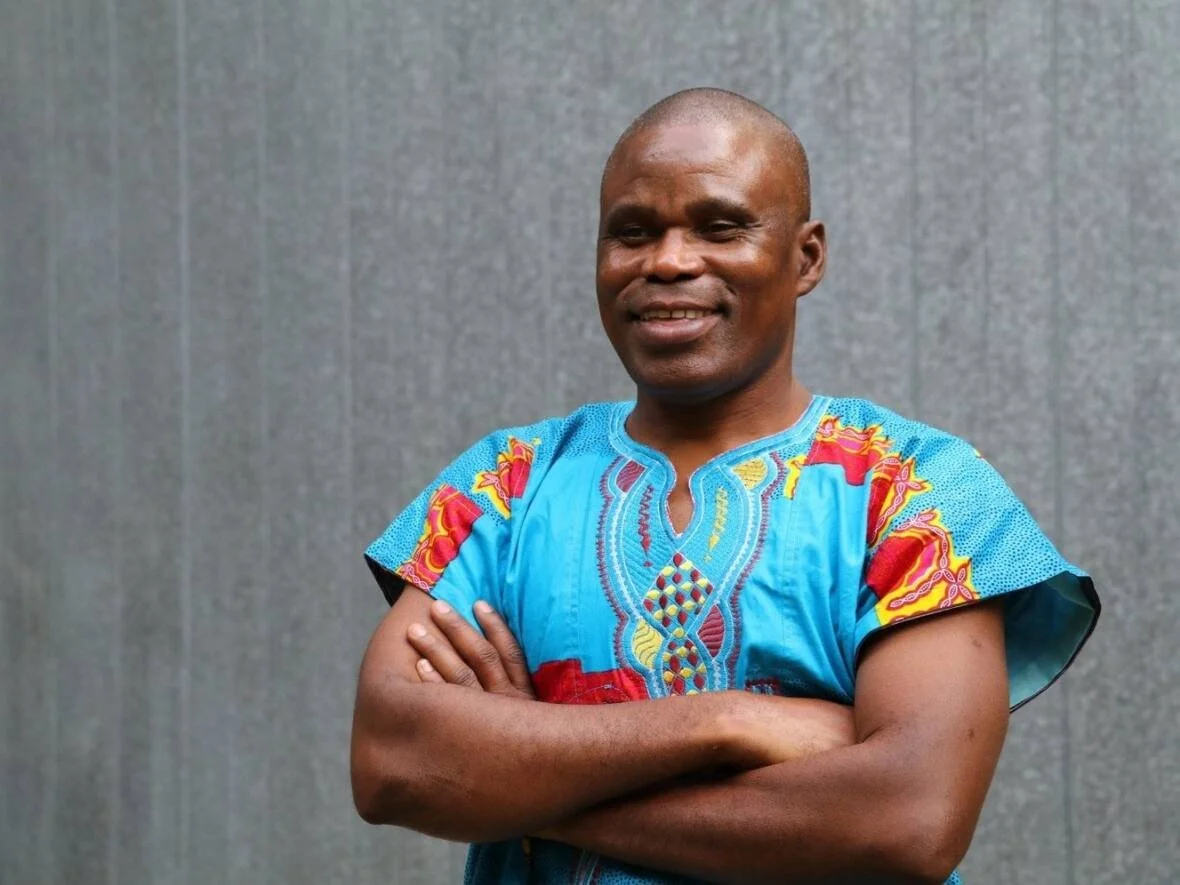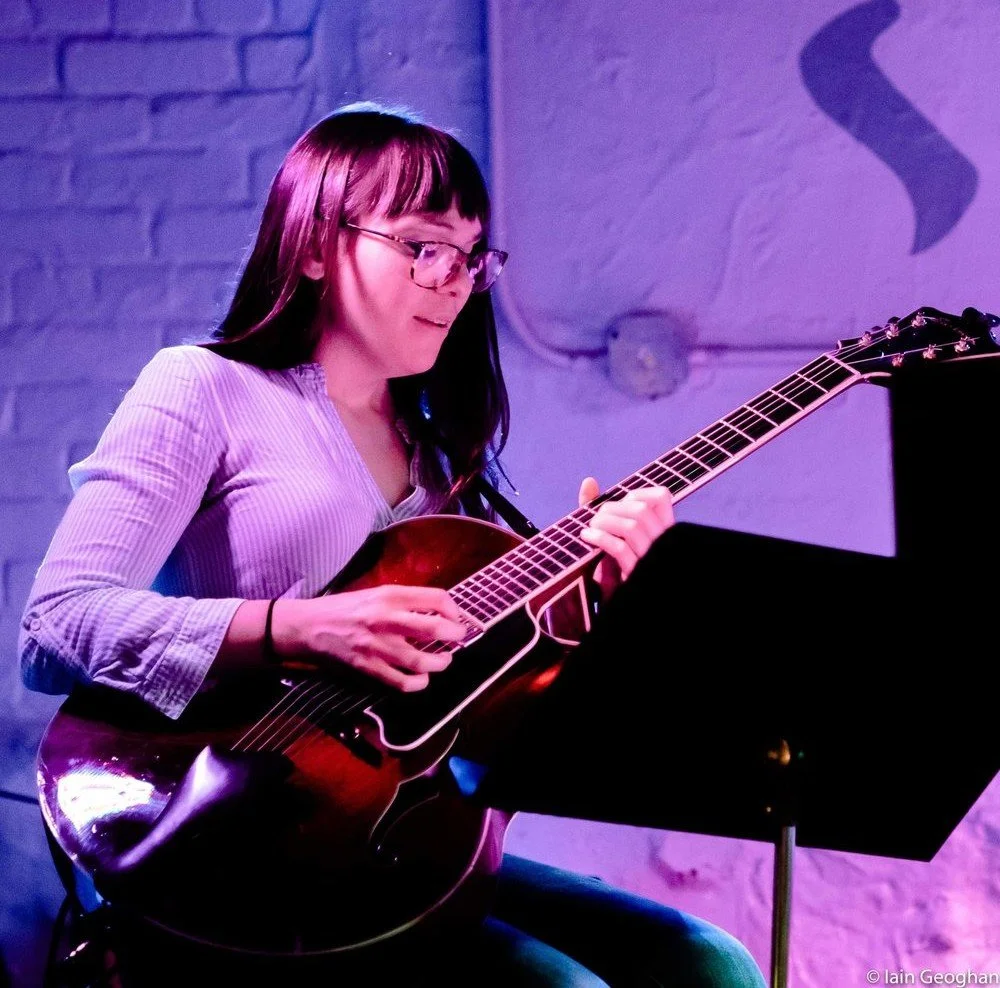Remembering the Future marks 50 years of arts and activism—for Chile, and for VLACC's Carmen Rodríguez
Performers celebrate Latin American music, poetry, and art, as the onetime dissident remembers their integral role in resistance
Carmen Rodríguez
Violeta Parra
Vancouver Latin American Cultural Centre presents Remembering the Future: Chile 1973 – 2023 An Evening of Music, Poetry, and Art on October 15 at the Orpheum
MORE THAN JUST A commemoration of the military coup that overthrew the government of Salvador Allende in 1973, Remembering the Future also marks 50 years of arts and activism for Carmen Rodríguez, artistic director of the event.
She was a 25-year-old university employee when she fled Chile with her then husband and two small children, shortly after Allende was murdered and leftists found themselves targeted by the Junta led by General Augusto Pinochet. Canada was a friend to the military regime, along with every other prosperous western democracy that ran cover for the corporate interests behind the coup, but the dissident Rodríguez found a receptive population in Vancouver.
“We were welcomed by many Canadians and Canadian organizations, by unions, by churches, by committees that had been formed,” Rodríguez tells Stir, reached at her home in Vancouver. “It was through the work of these organizations that the government had to act and ended up accepting refugees here.” Upon settling in a new city, Rodriguez began her tireless work in aiding exiles from across Central and South America, while introducing Vancouverites to the culture and recent history of a small country they were dimly aware of.
“When we first came nobody knew anything about us,” says Rodríguez. “About our cultures, or music or arts, or anything. So for us Chileans it was hard work to inform people. ‘No we don’t only play cha-cha or rhumba and no we don’t all look like Carmen Miranda.’ It was quite a process. We had these peñas, these events in the Russian Hall and the Ukrainian Hall where we would sing and stand on our heads and do whatever we had to in order to tell people what was happening.” With a laugh, Rodriguez adds: “And long, long sessions of empanada-making. I had never made an empanada in my life in Chile, I would just go to the bakery on the corner. I had to come here to learn how to make empanadas.”
Half a century later, there are few North Americans remaining who haven’t tried an empanada or, more critically, don’t appreciate the importance of music to the spirit of Latin American resistance. Taking place at the Orpheum on October 15, Remembering the Future: Chile 1973 – 2023 presents the work of artists like Victor Jara—whose torture and death at the hands of the Pinochet regime is well-known—but also equivalently important figures like Violeta Parra, the mother of the politically-motivated “New Song” movement that ignited Jara among many other artists like Inti Illimani and Quilapayún, all of whom will be heard in the show’s first set.
“She was what we now call an ethnomusicologist,” says Rodríguez, “which is a fancy word that she would have never used, but basically she walked in the countryside listening to people, collecting their songs, learning about their rhythms and worldview, and the lyrics that they sang, and then composing her own songs based on those popular tunes.”
With a calculated lack of glamour and natural sympathy for Indigenous and rural folk—she came from a family of rural artists—Parra was scorned by middle-class listeners, echoing the academic folkies of North America who preferred their heritage sanitized by bearded college profs. Parra’s legacy was “music that was completely different from the traditional folklore that we would hear on the radio,” explains Rodríguez. “Which was the most boring and stupid music that you can imagine. It was these landowning men singing to a woman who inevitably had thick black braids and wore flowery dresses and waited for them, sitting under a weeping willow tree with their legs crossed, praising the beauty of the countryside which, by the way, they had stolen. It was horrible and we young people hated it, and even though the mainstream wasn’t giving Violeta the time of day, we managed to hear her.”
Prior to the coup, Rodríguez would regularly see Jara among others at a tiny club in Santiago, run by Parra’s children, called La Peña de los Parra. “It was an old adobe house from the colonial time that they’d set up the best they could with a tiny little stage in the corner,” she recalls. “And we would sit there around tables and drink red wine and eat empanadas and listen to them, and then they’d come and sit and talk, and it was all so matter of fact. When you look back at all the history, you realize, ‘Oh, why didn’t I ask him this, why didn’t I say that?’ But we were young and foolish, so… How could you know, right? La Peña de los Parra was such a great place, the vibe was so warm, but I did know that we were witnessing something very new and very extraordinary.”
At the time, Rodríguez considered herself “to the left of Allende,” and was skeptical of his program of reforms. She also remembers the first year of his presidency as successful and promising, at least until western sanctions kicked in, food and medicine became scarce, and “the right wing got its shit together.” After the coup, resistance went underground, or—as in the case of the band Santiago del Nuevo Extremo, whose “A Mi Ciudad” (“To My City”) closes the first set at the Orpheum—brazenly hid in plain sight, in the face of enormous risk.
“One thing you have to understand is that Pinochet and most of the people around him were quite stupid,” says Rodriguez. “What did they know about art or music? One take that I have on this is that these lyrics were subtle and poetic so they went—zoom!—right over their heads. They didn’t quite grasp it. The other thing is that these people were singing for very small audiences. I don’t think the dictatorship saw much of a threat in these groups. Of course, they never would have been played on the radio or anything, or they would have never played in a big venue.”
The 1988 plebiscite put an end to Pinochet’s bloody reign, but the overt and covert interventions of U.S. and corporate interests continue to wreak havoc across a huge region and several countries now generations into a tragic fight for sovereignty and justice. Remembering the Future uses Allende as a symbol, but it’s a show that draws from the entire Latin American diaspora. In the second set, musical director Hugo Guzmán will put his band Sumalao through numbers hailing from Peru, Venezuela, Mexico and Brazil.
Meanwhile, we’re implicitly asked by Remembering the Future to remain vigilant in our own situation, as the most stable democracies are still prey to corporate capture and authoritarianism. Rodríguez recalls that Chileans saw themselves as “the Swiss of Latin America”, different from the rest and somehow spared the fate “of all those other banana republics.”
“Bullshit,” she exclaims, with a dark laugh. “All bullshit, right?!”



